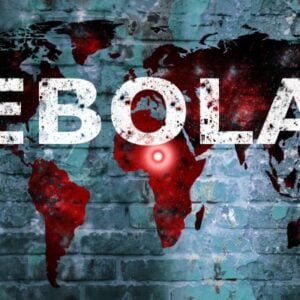Banco de Fomento Angola (BFA) and the World Health Organization (WHO) have formalized a strategic partnership to support Angola’s national response to the ongoing cholera outbreak, which has affected thousands of families across the country. The agreement, signed in Luanda, includes BFA’s contribution of 30 million kwanzas to purchase essential medical supplies such as rehydration solutions, specialized beds, sprayers, tents, and safety boxes. These supplies will be delivered to the Ministry of Health with technical support from WHO to strengthen treatment centres and assist healthcare professionals in the most affected regions.
Dr. Indrajit Hazarika, WHO Representative in Angola, highlighted the significance of BFA’s contribution, emphasizing that private sector engagement plays a vital role in ensuring access to treatment and saving lives. Since January 2025, Angola has been experiencing its worst cholera outbreak in two decades, with approximately 29,000 cases and over 800 deaths reported across 18 of the country’s 21 provinces. The current fatality rate of 2.8% surpasses the WHO’s emergency threshold, reflecting ongoing challenges such as delayed healthcare access, limited epidemiological surveillance, and inadequate sanitation infrastructure.
Despite the Ministry of Health’s efforts, supported by WHO and other partners—including vaccination campaigns reaching around three million people, the establishment of treatment centres, and oral rehydration points—the risk of cholera transmission remains high, particularly with the onset of the rainy season. Persistent limited access to safe drinking water and poor hygiene and sanitation conditions continue to exacerbate the situation.
Addressing the outbreak requires sustained and strategic investments to strengthen Angola’s health system. Key priorities include expanding primary and emergency healthcare coverage, improving water, sanitation, and hygiene infrastructure, providing technical training for health professionals, and enhancing epidemiological surveillance and risk communication. WHO emphasizes that every donation and partnership contributes not only to immediate emergency response but also to building a more resilient and equitable health system for the long-term protection of all Angolans.







